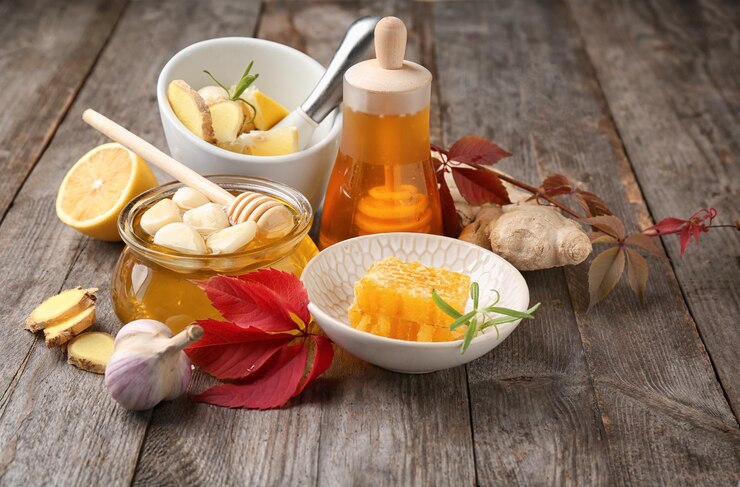Piles, also known as hemorrhoids, are swollen veins in the lower rectum and anus, causing discomfort, pain, and bleeding. While medical treatment is often necessary, many people seek relief through home remedies. If you’re exploring natural solutions, including Ayurvedic Medicine for Piles, you might find significant relief. Products like Dr Piles Free can also be part of your treatment strategy. Here are 15 scientifically proven home remedies that can help alleviate the symptoms of piles.
1. Warm Baths
Taking warm baths can provide immediate relief from piles. Soaking in a warm bath for 15-20 minutes several times a day, especially after a bowel movement, can reduce irritation and help the swollen veins shrink. The warm water relaxes the muscles and reduces inflammation, providing comfort.
2. Ice Packs
Applying ice packs to the affected area can help numb the pain and reduce swelling. Wrap an ice pack in a cloth and apply it to the anus for 15 minutes. Repeat this process every hour if needed. The cold temperature constricts blood vessels, reducing inflammation and providing temporary relief from discomfort.
3. Sitz Bath
A sitz bath is a special shallow bath that covers only the buttocks and hips. It’s particularly effective for piles as it helps to cleanse and soothe the affected area. Fill the tub with warm water and sit in it for 15-20 minutes, several times a day. This method can reduce itching, pain, and swelling, and when combined with Ayurvedic Medicine for Piles, it can enhance the overall healing process.
4. Witch Hazel
Witch hazel is a natural astringent with anti-inflammatory properties. Applying witch hazel to the affected area can reduce swelling, itching, and pain. You can use witch hazel pads or apply liquid witch hazel to a cotton ball and gently dab it onto the hemorrhoids.
5. Warming
Applying warmth to the affected area can also provide relief. A warm compress or heating pad can be used to reduce pain and swelling. Ensure the compress is not too hot and apply it to the area for 15-20 minutes. The warmth helps relax the muscles and improve blood flow.
6. Aloe Vera
Aloe vera is known for its soothing and anti-inflammatory properties. Applying pure aloe vera gel to the affected area can reduce irritation and promote healing. Ensure you use 100% pure aloe vera gel without any additives, as added chemicals can cause further irritation.
7. Coconut Oil
Coconut oil has anti-inflammatory and analgesic properties that can help soothe the symptoms of piles. Applying coconut oil to the hemorrhoids can reduce pain, itching, and inflammation. It also helps keep the area moisturized, which can promote healing.
8. Plenty of Fluid Intake
Staying hydrated is crucial in preventing and managing piles. Drinking plenty of water helps soften stools, making them easier to pass and reducing the strain during bowel movements. Aim to drink at least eight glasses of water a day to keep your digestive system functioning smoothly.
9. Fiber-Rich Diet
A diet rich in fiber can help prevent constipation and reduce the strain during bowel movements. Foods high in fiber, such as fruits, vegetables, whole grains, and legumes, can help soften stools and promote regular bowel movements. Adding fiber supplements can also be beneficial.
10. Wear Loose-Fitting Clothing
Wearing loose-fitting clothing, especially undergarments, can help reduce irritation and pressure on the affected area. Tight clothing can worsen the symptoms by causing friction and trapping moisture. Opt for breathable fabrics like cotton to keep the area dry and comfortable.
11. Don’t Strain
Straining during bowel movements can worsen piles and cause more pain. To avoid straining, ensure you have a diet high in fiber and stay hydrated. If you feel the need to strain, take a break and try again later. Using a footstool to elevate your feet while on the toilet can also help reduce the strain.
12. Avoid Prolonged Sitting on the Toilet
Sitting on the toilet for extended periods can put extra pressure on the veins in the rectum and anus, worsening piles. Avoid spending too much time on the toilet and try to go when you feel the urge rather than waiting. This practice can help prevent the veins from becoming more swollen.
13. Olive Oil
Olive oil has anti-inflammatory properties and can be used to treat piles. Consuming a teaspoon of olive oil regularly can improve bowel movement and reduce inflammation. Applying olive oil directly to the affected area can also help soothe irritation and reduce swelling.
14. Epsom Salts and Glycerine
A mixture of Epsom salts and glycerine can provide relief from piles. Mix two tablespoons of Epsom salts with two tablespoons of glycerine and apply the mixture to a gauze pad. Place the pad on the affected area for 15-20 minutes, repeating every four to six hours as needed. This combination helps reduce inflammation and pain.
15. Myrtle Essential Oil
Myrtle essential oil is known for its anti-inflammatory and analgesic properties. Diluting myrtle essential oil with a carrier oil, such as coconut oil, and applying it to the affected area can provide relief from pain and swelling. Ensure you perform a patch test first to avoid any allergic reactions.
Conclusion
Dealing with piles can be uncomfortable and painful, but these home remedies for piles can provide significant relief. Incorporating Ayurvedic Medicine for Piles and products like Dr Piles Free into your treatment plan can enhance the effectiveness of these natural solutions. Remember to consult with a healthcare professional before starting any new treatment, especially if your symptoms persist or worsen. With the right approach, you can manage and reduce the discomfort caused by piles, improving your quality of life.

